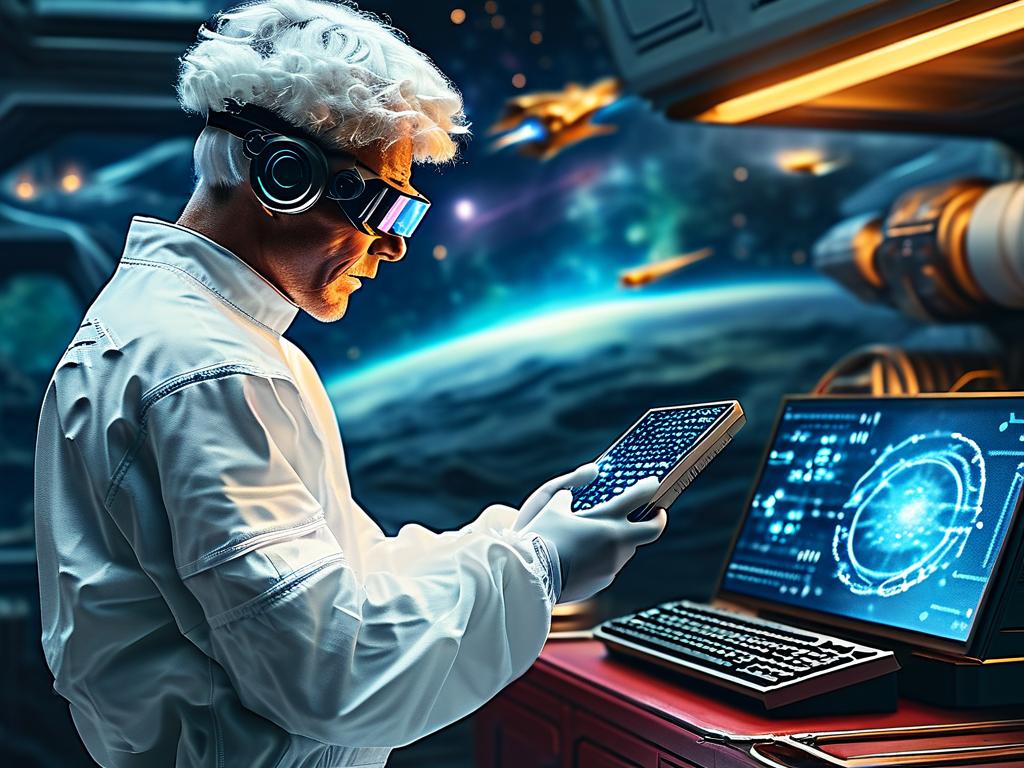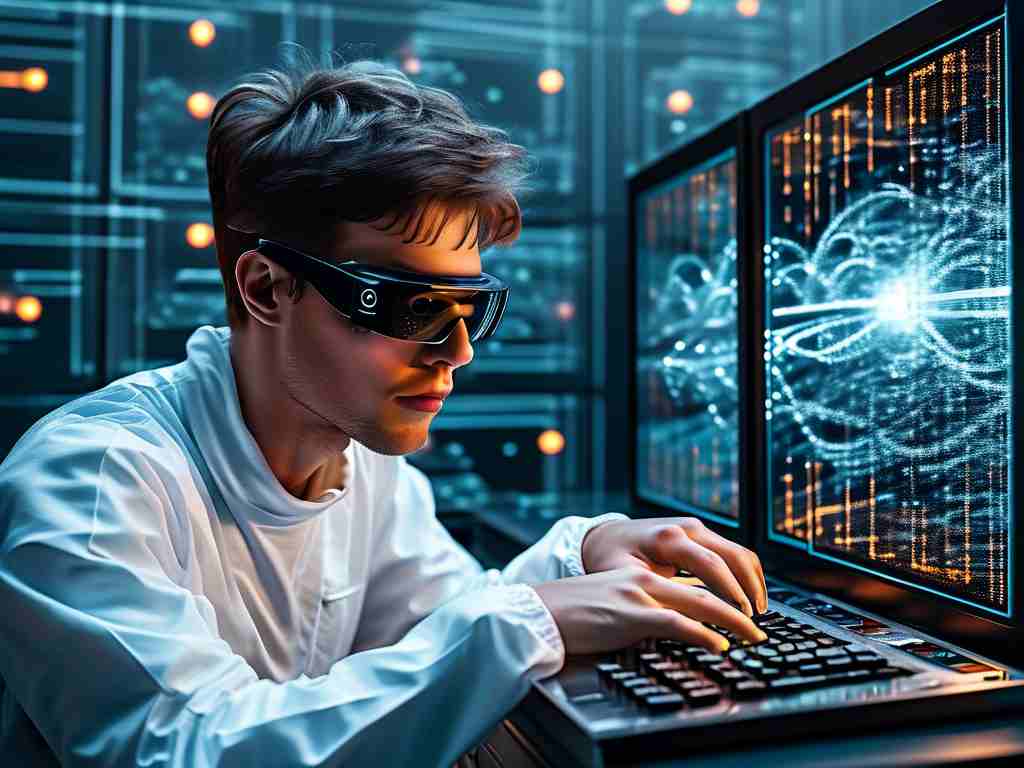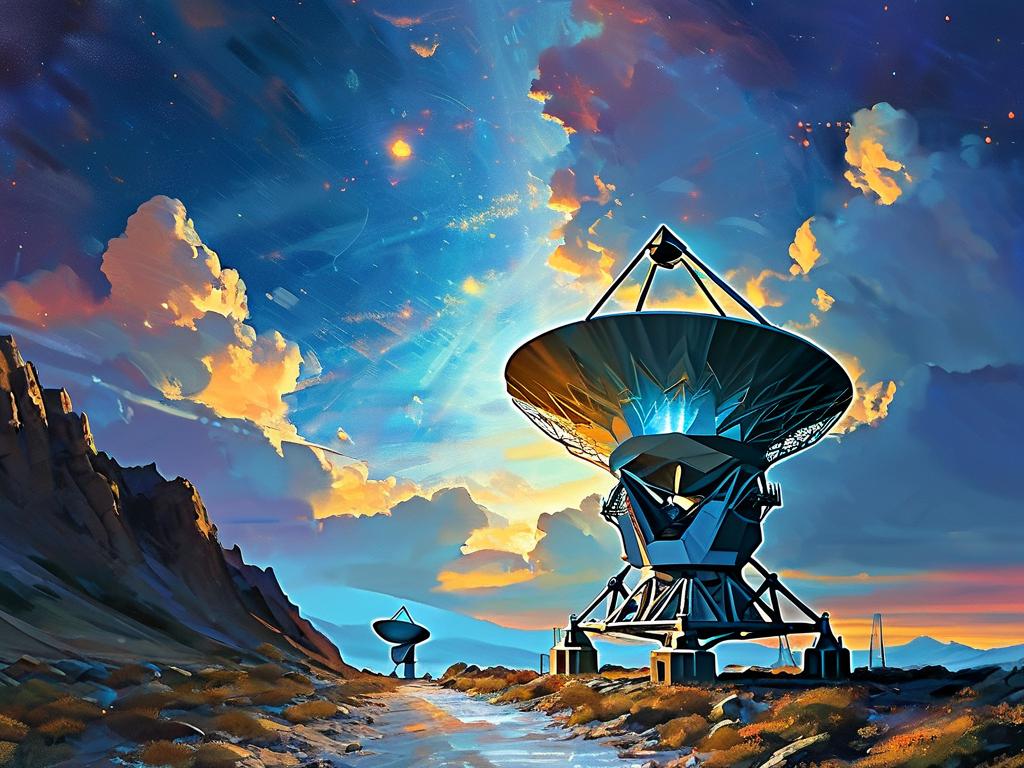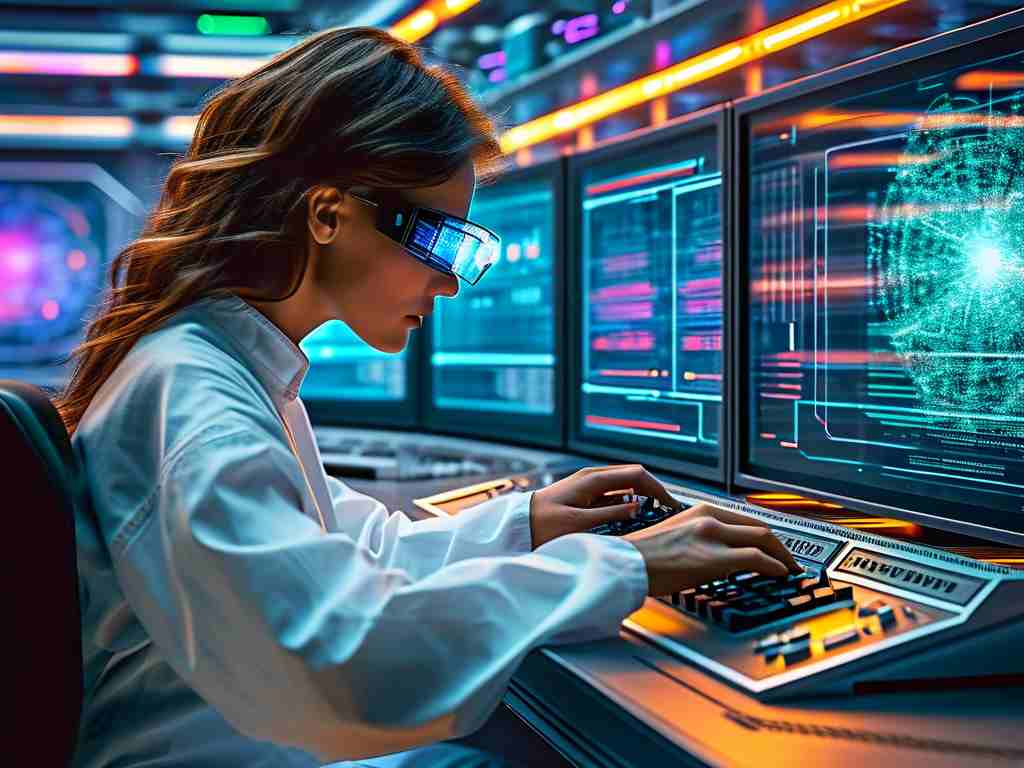The intersection of quantum theory and modern information technology represents one of the most groundbreaking advancements in human history. From the foundational principles of quantum mechanics to their application in cutting-edge technologies like quantum computing and secure communication, this synergy is redefining the limits of what is computationally and communicatively possible. This article explores how quantum theory underpins modern information systems, the transformative technologies it enables, and the challenges and opportunities that lie ahead.

The Quantum Foundations of Information Technology
Quantum theory, formulated in the early 20th century, introduced concepts that defy classical intuition: superposition, entanglement, and uncertainty. These principles initially explained phenomena at atomic and subatomic scales, but their implications for information science remained unexplored until the late 20th century. Traditional computing relies on binary bits (0s and 1s), but quantum computing leverages qubits, which can exist in multiple states simultaneously due to superposition. This allows quantum computers to process vast amounts of data in parallel, solving problems intractable for classical systems.
For instance, Shor's algorithm, a quantum approach to factoring large numbers, threatens classical encryption methods like RSA, while Grover's algorithm accelerates unstructured search tasks. These breakthroughs highlight quantum computing's potential to revolutionize fields such as cryptography, optimization, and drug discovery.
Quantum Communication and Secure Networks
Another critical application lies in quantum communication. Quantum key distribution (QKD), based on the principle of entanglement, enables theoretically unhackable encryption. When two entangled particles are measured, their states correlate instantaneously, regardless of distance. Any eavesdropping attempt disrupts this correlation, alerting users to security breaches. China's Micius satellite, launched in 2016, demonstrated QKD over 1,200 kilometers, paving the way for global quantum networks.
Moreover, quantum repeaters-devices that extend entanglement over long distances-are essential for building a quantum internet. Such a network would integrate quantum computers, sensors, and communication channels, enabling unprecedented levels of data security and collaborative computation.
Quantum Sensing and Precision Technologies
Beyond computing and communication, quantum theory enhances sensing technologies. Quantum sensors exploit superposition and entanglement to measure physical quantities-such as time, magnetic fields, and gravity-with unmatched precision. Atomic clocks, which use the vibrational frequencies of atoms, are so accurate they would lose less than a second over 15 billion years. These devices underpin GPS systems, financial networks, and scientific research.
In medicine, quantum sensors could detect neural activity at the cellular level or identify biomarkers for diseases like cancer earlier than classical methods. Similarly, quantum-enhanced imaging techniques promise clearer views of biological structures without damaging tissues.
Challenges in Quantum Technology Adoption
Despite its promise, quantum technology faces significant hurdles. Qubits are notoriously fragile, susceptible to decoherence-loss of quantum states due to environmental interference. Maintaining coherence requires extreme conditions, such as temperatures near absolute zero, which complicates hardware design. Error rates in quantum operations also remain high, necessitating advanced error-correction codes and fault-tolerant architectures.
Furthermore, scaling quantum systems to practical sizes is a monumental engineering challenge. Current quantum computers, like IBM's 433-qubit Osprey, are still in the noisy intermediate-scale quantum (NISQ) era, lacking the stability for large-scale applications. Bridging this gap demands innovations in materials science, control systems, and algorithm development.
Ethical and Societal Implications
The rise of quantum technologies raises ethical questions. Quantum computing's ability to crack classical encryption could undermine cybersecurity, necessitating a global transition to quantum-resistant algorithms. Access to quantum resources might also widen the digital divide, as only technologically advanced nations or corporations can afford these systems. Policymakers must balance innovation with equity, ensuring quantum advancements benefit humanity broadly.
Additionally, quantum simulations could accelerate climate modeling or materials science, aiding sustainability efforts. Conversely, misuse in areas like surveillance or autonomous weapons poses risks. International collaboration and regulatory frameworks will be vital to steer quantum progress responsibly.
The Future of Quantum Information Technology
Looking ahead, the fusion of quantum theory and information technology will likely reshape industries and redefine human capabilities. Hybrid systems-combining classical and quantum processors-may dominate near-term applications, optimizing logistics, financial modeling, and AI training. Startups and tech giants alike are investing billions in quantum R&D, signaling a competitive yet collaborative race toward quantum supremacy.
In academia, interdisciplinary programs blending physics, computer science, and engineering are cultivating the next generation of quantum experts. Governments, recognizing the strategic importance of quantum tech, are launching national initiatives, such as the U.S. National Quantum Initiative and the EU's Quantum Flagship.
Quantum theory, once a realm of abstract physics, now drives a technological revolution. By harnessing the peculiarities of the quantum world, humanity stands on the brink of solving problems once deemed impossible. Yet, realizing this potential requires overcoming scientific, technical, and ethical challenges. As quantum technologies mature, they will not only transform information systems but also redefine our relationship with the universe itself-one qubit at a time.









